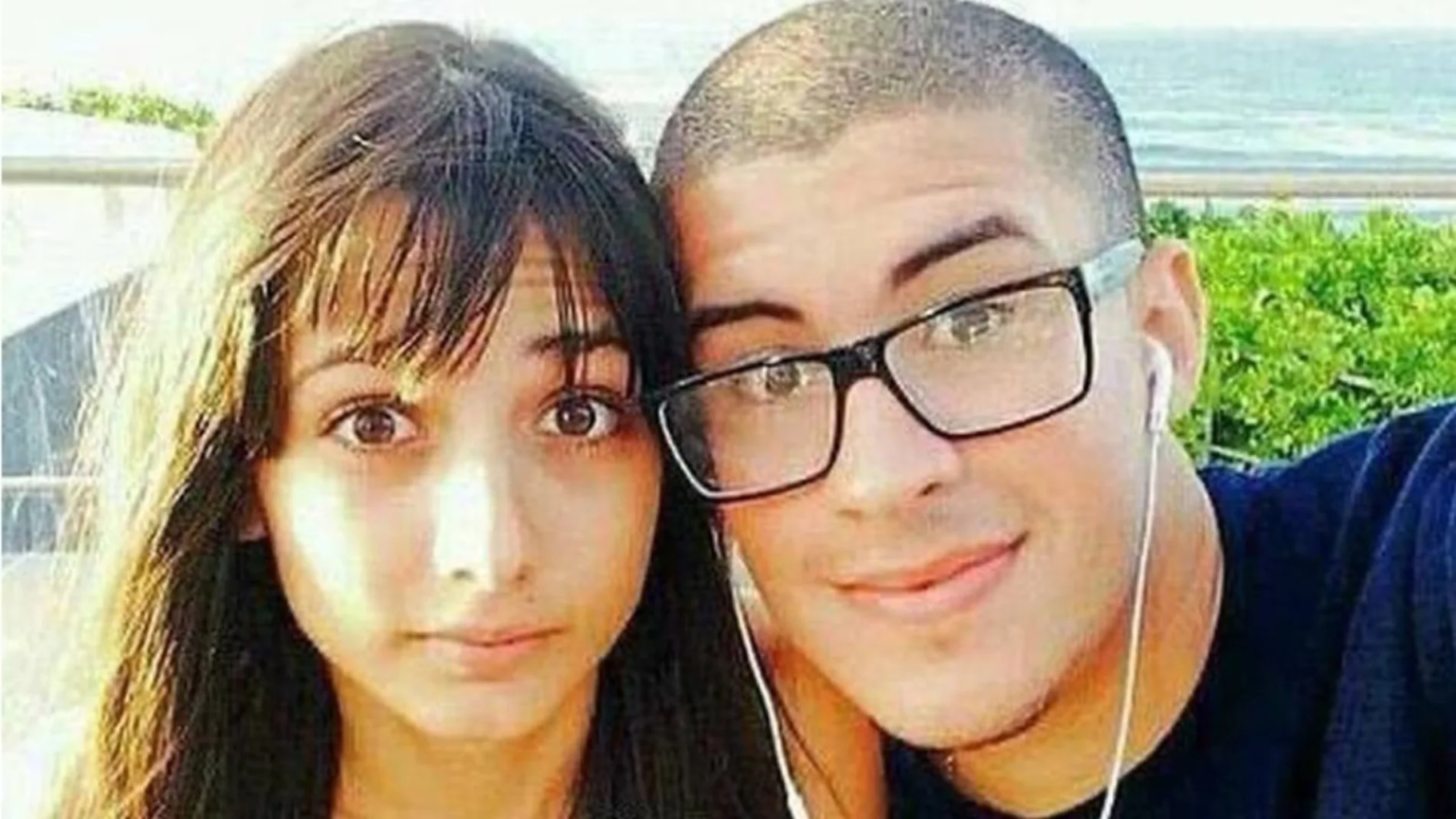In the music industry, fame often shines brightest on the performers in front of the camera — but sometimes, a single voice from behind the scenes changes everything. Carliz De La Cruz is that voice. Once relatively unknown, she became the subject of worldwide attention after filing a lawsuit against global superstar Bad Bunny over the unauthorized use of her recorded phrase, “Bad Bunny, baby.”
What started as a simple voice note between two people evolved into one of the most discussed entertainment lawsuits in Latin music history. Beyond the headlines, her story is one of empowerment, consent, and knowing the value of one’s creative contribution.
Who Is Carliz De La Cruz?
Early Life and Education
Carliz De La Cruz is a Puerto Rican attorney and influencer known for her intelligence, professionalism, and poise. Though she has kept many personal details private, it’s known that she pursued a law degree after completing her undergraduate studies. Her legal training would later prove crucial in understanding her rights and taking action in one of the most talked-about cases in Latin pop culture.
Relationship with Bad Bunny
Carliz met Benito Martínez Ocasio — better known as Bad Bunny — around 2011 while they were both studying at the University of Puerto Rico. During their relationship, she played a supportive role in his early career. Reports indicate she helped manage his schedule, handle administrative work, and encourage his creative ambitions.
Their relationship was serious enough that Bad Bunny reportedly proposed to her in early 2016. However, that same year, as his music career began to skyrocket, Carliz chose to pursue law school and the couple parted ways. The split was amicable at first — until the now-famous “Bad Bunny, baby” voice note reappeared years later in his hit songs.

The “Bad Bunny, Baby” Recording: How It All Began
In 2015, while they were still together, Bad Bunny asked Carliz to record herself saying the phrase “Bad Bunny, baby.” He wanted to use it as a signature sound in his music, something catchy and personal that would help define his artistic identity.
Carliz recorded the line — reportedly in her bathroom for better acoustics — and sent it to him. It was a simple, personal gesture at the time, made without formal contracts or commercial expectations. Neither could have predicted how significant those three words would become.
Years later, that same voice clip appeared in several of Bad Bunny’s songs, including “Pa Ti” and “Dos Mil 16,” as well as in live shows and promotional materials. The phrase became iconic, recognized globally as part of the Bad Bunny brand. The problem? Carliz claimed she never gave permission for its continued commercial use.
The Lawsuit Against Bad Bunny
The Claims
In 2023, Carliz De La Cruz filed a lawsuit against Bad Bunny in Puerto Rico, demanding $40 million in damages. She claimed that the artist and his team used her voice without consent, violating her rights and causing emotional distress. The lawsuit described the unauthorized use as “negligent” and “in bad faith,” pointing out that the recording had been distributed across multiple media platforms — songs, concerts, social media, and even merchandise.
Before filing the lawsuit, Carliz reportedly received an offer from Bad Bunny’s team to buy the rights to her voice recording for $2,000 — an amount she refused. Despite her refusal, the voice clip continued to be used, leading to her legal action.
The Outcome
In 2024, the court ruled in favor of Carliz De La Cruz, awarding her the $40 million she sought. The verdict made headlines worldwide, not only because of the size of the payout but because it set a precedent for personal voice rights in the entertainment industry.
This victory established that even short, seemingly insignificant recordings can have legal protection — especially when used commercially without the speaker’s consent.
Why the Case Matters
Redefining Consent and Ownership
Carliz’s lawsuit forces both artists and the public to reconsider what consent really means in creative collaborations. Just because someone agrees to record a voice note doesn’t mean they’ve surrendered all rights to it, especially when it’s later used for profit.
Her case highlights an important legal and ethical issue: a person’s voice is part of their identity, and using it without explicit authorization can constitute a violation of privacy and intellectual property rights.
Empowerment Through Legal Action
Standing up against one of the most influential musicians in the world required courage. Carliz’s decision to take legal action reminds people — especially women in creative or personal relationships — that their contributions matter and deserve respect.
Her victory also serves as an empowering example for others who may feel powerless in similar situations. It shows that even against massive fame and industry power, the law can protect individual rights.
Impact on the Music Industry
The Carliz De La Cruz vs. Bad Bunny case has already influenced how producers, artists, and record labels approach voice recordings and sound samples. Contracts are now being examined more closely, and many professionals have become more cautious about using recordings without written permission.
For younger artists and content creators, her case is a powerful lesson in the importance of documentation, consent, and legal awareness when collaborating creatively.
Real-Life Lesson: Protecting Your Voice
Imagine recording a short line for a friend’s song — just for fun — and years later, hearing it played on the radio or at a concert without your consent. Most people wouldn’t think twice about that small favor, but as Carliz’s story shows, even a few words can carry immense commercial value.
To protect yourself:
- Always clarify the purpose of any recording before sharing it.
- Get it in writing — even a short agreement can save future problems.
- If your voice or image is used publicly without permission, consult a legal expert right away.
- Remember that your creative and personal expressions have value — treat them as such.
Lessons from Carliz De La Cruz’s Story
- Consent is not optional. A personal favor doesn’t equal commercial permission.
- Your voice is your property. It’s as much a part of your identity as your name or likeness.
- Know your worth. Never undersell your creative or personal contributions.
- Legal protection works. Even individuals can win against global stars if they have the facts and the law on their side.
- Empowerment starts with awareness. The more people understand their rights, the harder it becomes for others to exploit them.
Conclusion
Carliz De La Cruz’s journey from law student to global headline serves as a modern reminder of the importance of consent, respect, and ownership in creative industries. What started as a casual voice note turned into a groundbreaking case that reshaped the conversation around intellectual property and personal boundaries.
Her story is not just about winning a lawsuit — it’s about standing up for oneself, knowing one’s value, and inspiring others to do the same.
So, the next time you hear that familiar “Bad Bunny, baby” echo in a song, remember the woman behind it — and the powerful lesson her voice carries for everyone who dares to speak up.










